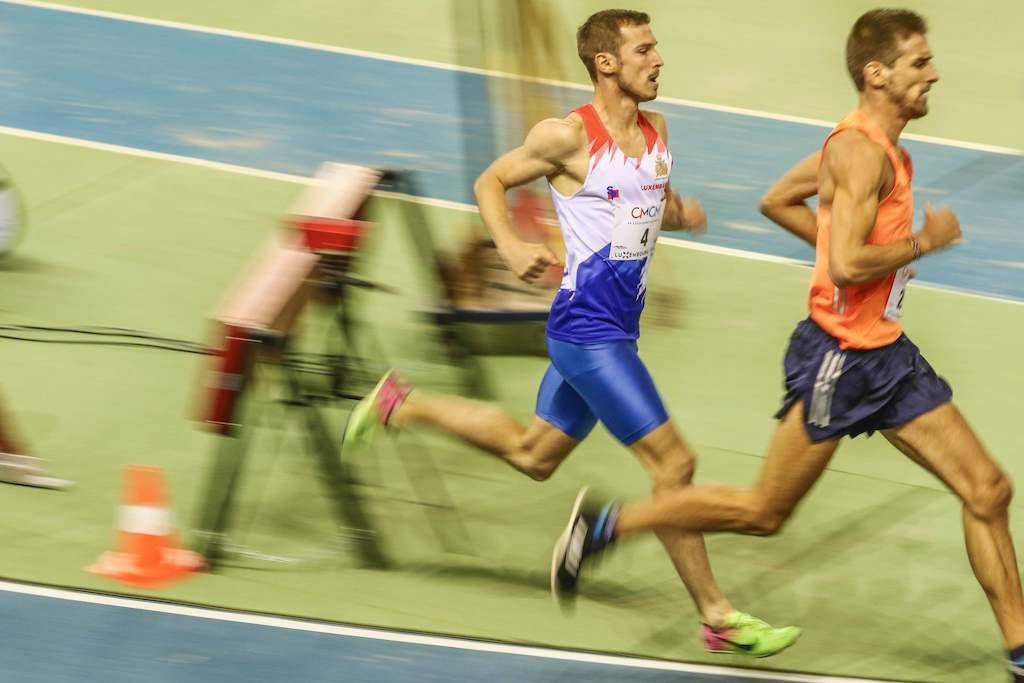Two weeks after the International Olympic Committee finally agreed to postpone this summer’s Tokyo Games by a year, the Luxembourg Olympic Committee (COSL) on Tuesday announced a series of measures to help out its elite athletes.
The IOC’s decision, taken in conjunction with the Japanese government on 24 March, was criticized in some quarters--including the COSL--as coming too late. Indeed, as The New York Times reported, just a week before the formal announcement Japanese premier Shinzo Abe and IOC president Thomas Bach were claiming the games that summer would be just the post-pandemic boost the world needed.
One of the COSL’s elite athletes, middle-distance runner Charles Grethen, told Delano that the was “the only logical decision that the IOC could take, for a number of reasons.” Grethen explained that a lot of containment measures meant that numerous qualification races were cancelled. “Basically, all athletes, including those who already qualified for the Olympics, were for a postponement,” he said on Thursday.
In a statement released earlier this week, the COSL said that its Olympic athletes will be able to apply for grants from the 2020 budget with immediate effect. In addition, athletes who have to take on significantly increased costs as a result of travel restrictions and short-term reprogramming in the context of the coronavirus crisis can apply for extended funding, which will be determined on a case by case assessment. The COSL is also working on providing other forms of support, including training conditions, Olympic planning or travel to competitions.
Recovery from surgery
Grethen, who competed in the 800 metres at the 2016 Rio games, welcomes the support as well as the help he has received from his sponsors, the Luxembourg Army. The COSL and sports ministry also assisted when he was repatriated to the grand duchy after his training programme in Flagstaff, Arizona, was shut down at the end of March.
Grethen’s programme in Flagstaff followed a trip to a training camp in Potchefstroom in South Africa in February. He had only just restarted regular running after rehabilitation from surgery in June last year on a partially ruptured Achilles tendon that had left him with a Haglund deformity. He told Delano that he had been making improvements and getting fitter and fitter. “The fact that the Olympics got postponed gives me the opportunity that I can hopefully start my fall training and build-up training all healthy and without a rush, which wasn't the case this year. That extra year hopefully helps me, then.”
But the postponement itself has not affected his training programme, as he had been preparing to run other races in the current season. “I am still training twice a day, six times a week. Since the sports facilities are closed, I just have to train at home and in the woods nearby, but that doesn't pose a major challenge,” he says.
However, Grethen was disappointed with a statement on Tuesday from World Athletics, the sport’s international governing body, saying that races this year between April and December won't count towards Olympic qualification. “This is very sad news to hear and effects the racing schedule dramatically and makes it very hard for athletes to have anything to look forward in the next months while still training hard.”
